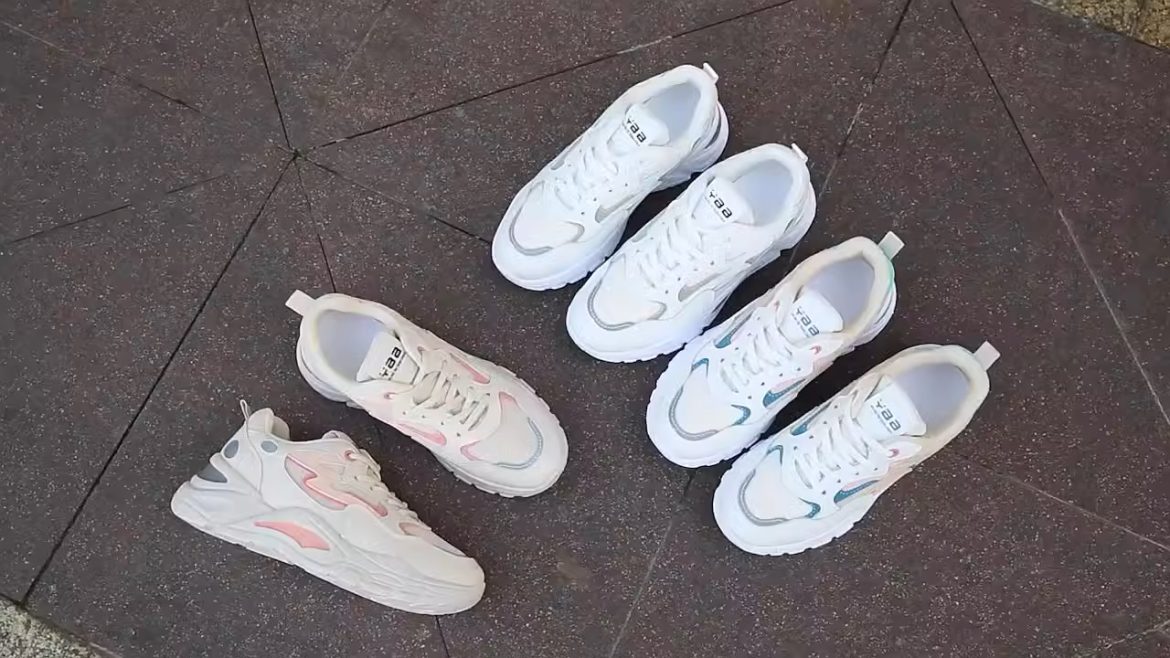In the shoe manufacturing industry, it is all about speed and accuracy. The use of a sole supplier has the advantage of being able to offer a smooth supply process that is in line with the business objectives as well as quality products. It is widely used by manufacturers who seek to achieve supply chain rationalization and improve operations.
Improved Efficiency Through a Sole Supplier Relationship
Relying on a supplier in shoe manufacturing is one of the most effective strategies for production efficiency. Having one supplier negates the need to liaise with several other suppliers since this will create interaction gaps and poor organization. When the kind of relationship formed is direct, there are large prospects of agreeing on proper expectations and control over how the manufacturing process is planned. As with many suppliers, a supplier also helps manufacturers bargain for terms since they cannot force their way through. Implicit to it is that orders given in volume or in a single cycle to a particular supplier tend to provide lower prices since price competitiveness is readily given to a supplier if the buyer agrees to purchase goods and services in large quantities. Also, integration in the manufacturing materials or components means that all the shoes produced are of high quality, minimizing the possibility of manufacturing shoes with defects or inconsistent with set standards due to variations from various suppliers.
Consistency and Quality in Sole Supplier
This is why reliability is one of the most important factors in a manufacturing process, and that is why it is very important. Using a sole supplier enables shoe manufacturers to have standard materials and parts in their production lines. Whether leather, fabric, soles, or adhesives, having a single supply source reduces the chances of getting a substandard product. This also improves the relationship between the manufacturer and the supplier. Long-term relationship helps to understand certain needs better, and thus, the supplier can meet them. For example, a supplier who understands a manufacturer’s needs can suggest new materials or approaches that will fit the manufacturer’s objectives. Besides quality assurance, suppliers develop new technologies or techniques in their products or services. Manufacturers are in a position to enjoy the latest improvements, which can assist in extending the durability, comfort, or design of a shoe, thus placing them in a better position to compete in the market.
Simplified Supply Chain Management with Sole Supplier
Purchasing from a single source is convenient for supply chain management since manufacturers can attend to other issues affecting their companies. Having one person responsible for all the material requirements simplifies the work of acquiring and delivering materials. It reduces the chances of making mistakes, incurring extra expenses, and time wastage from managing many suppliers. In addition, supplier partnerships can enhance visibility in the supply chain. It provides manufacturers with improved visibility of sourcing and production activities, guaranteeing adherence to ethics and sustainability principles. This is especially important in the current market, where customers and retailers are more conscious of their environmental impact and production.
Conclusion
The advantages of having a sole supplier in shoe manufacturing include efficiency, quality, and supply chain management. This approach enables manufacturers to establish long-term, dependable relationships that foster their operational objectives and guarantee quality products. Thus, the primary goal of businesses is to work together and understand each other to succeed in a rather competitive market.
